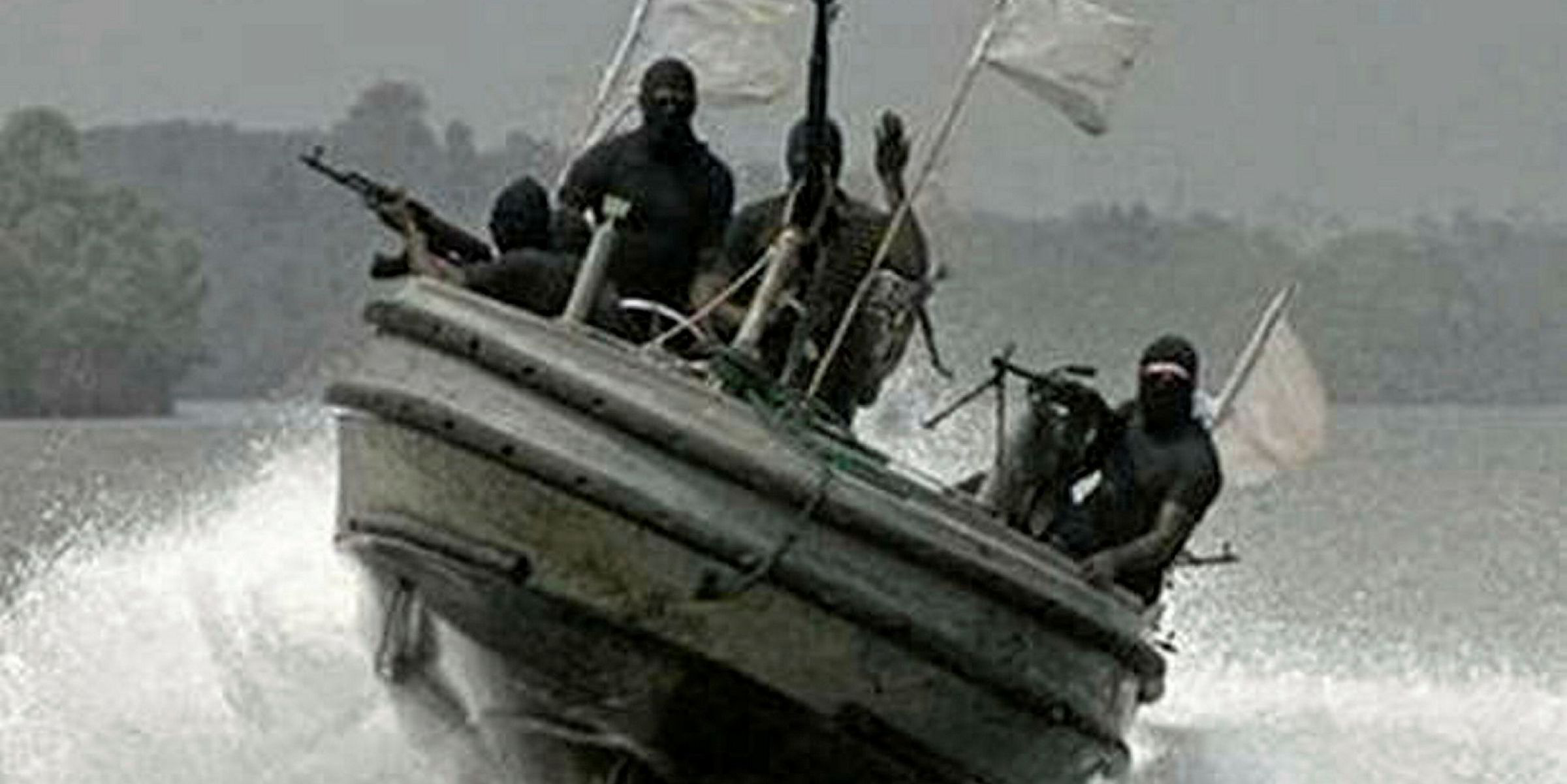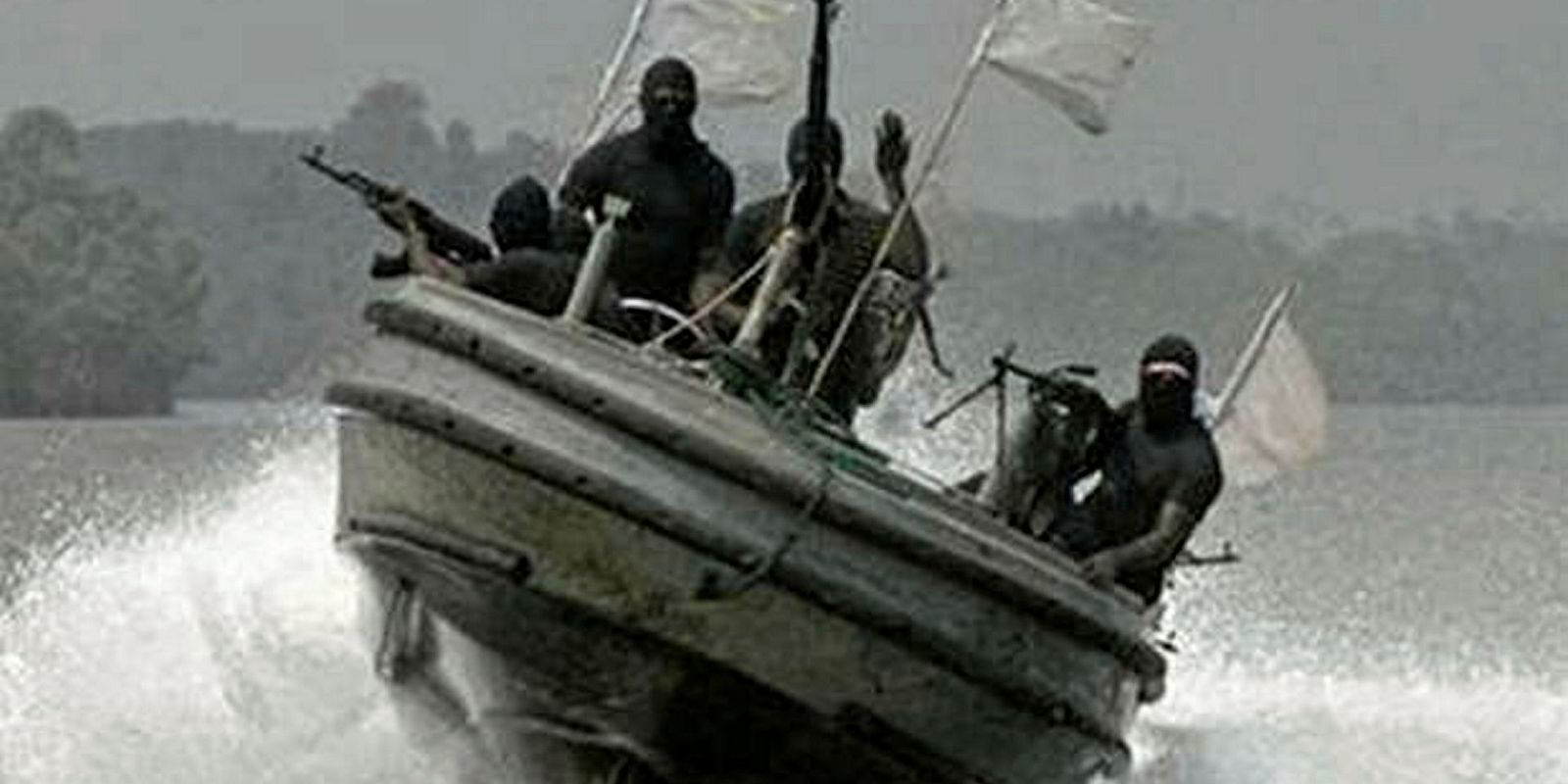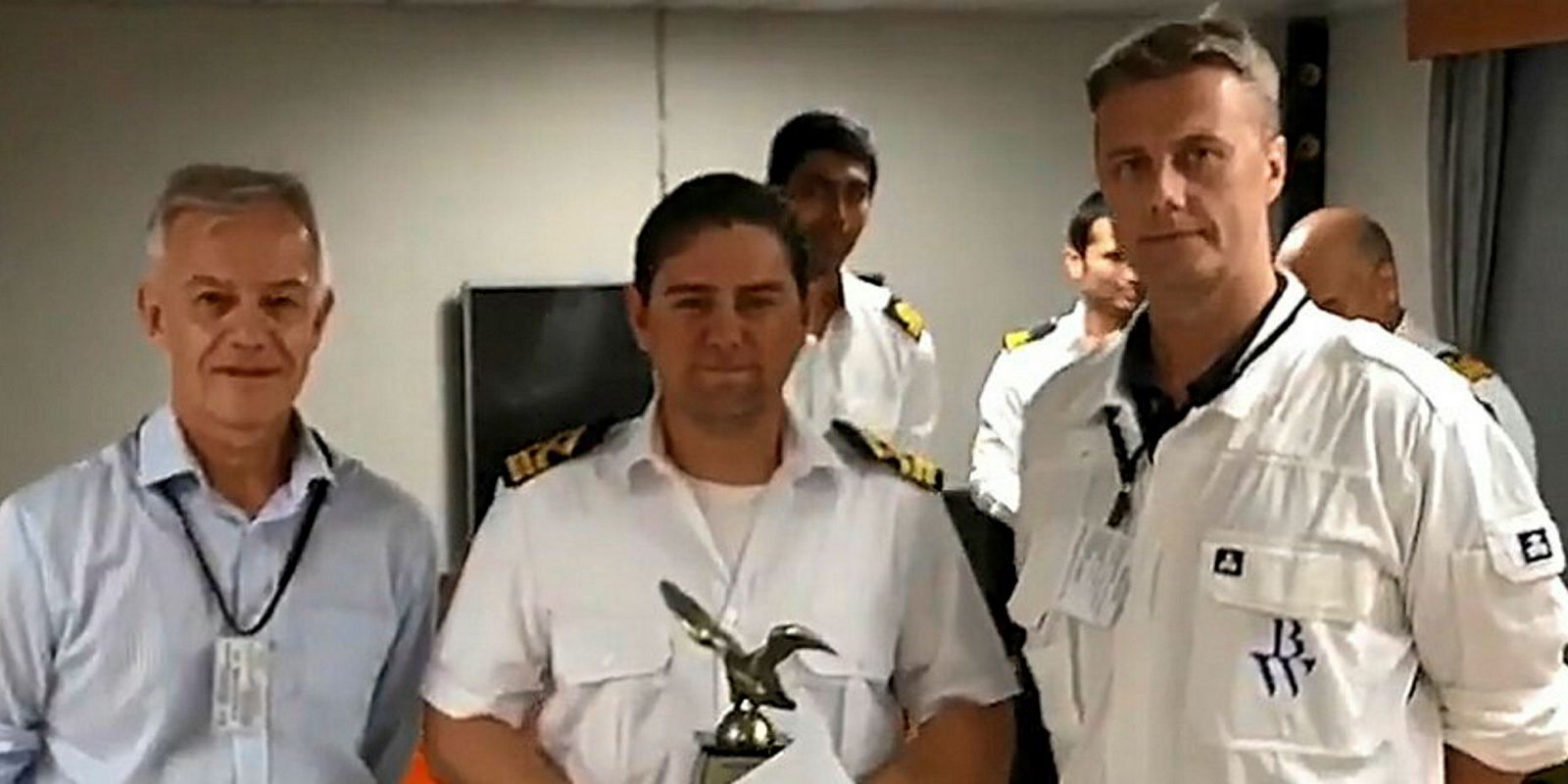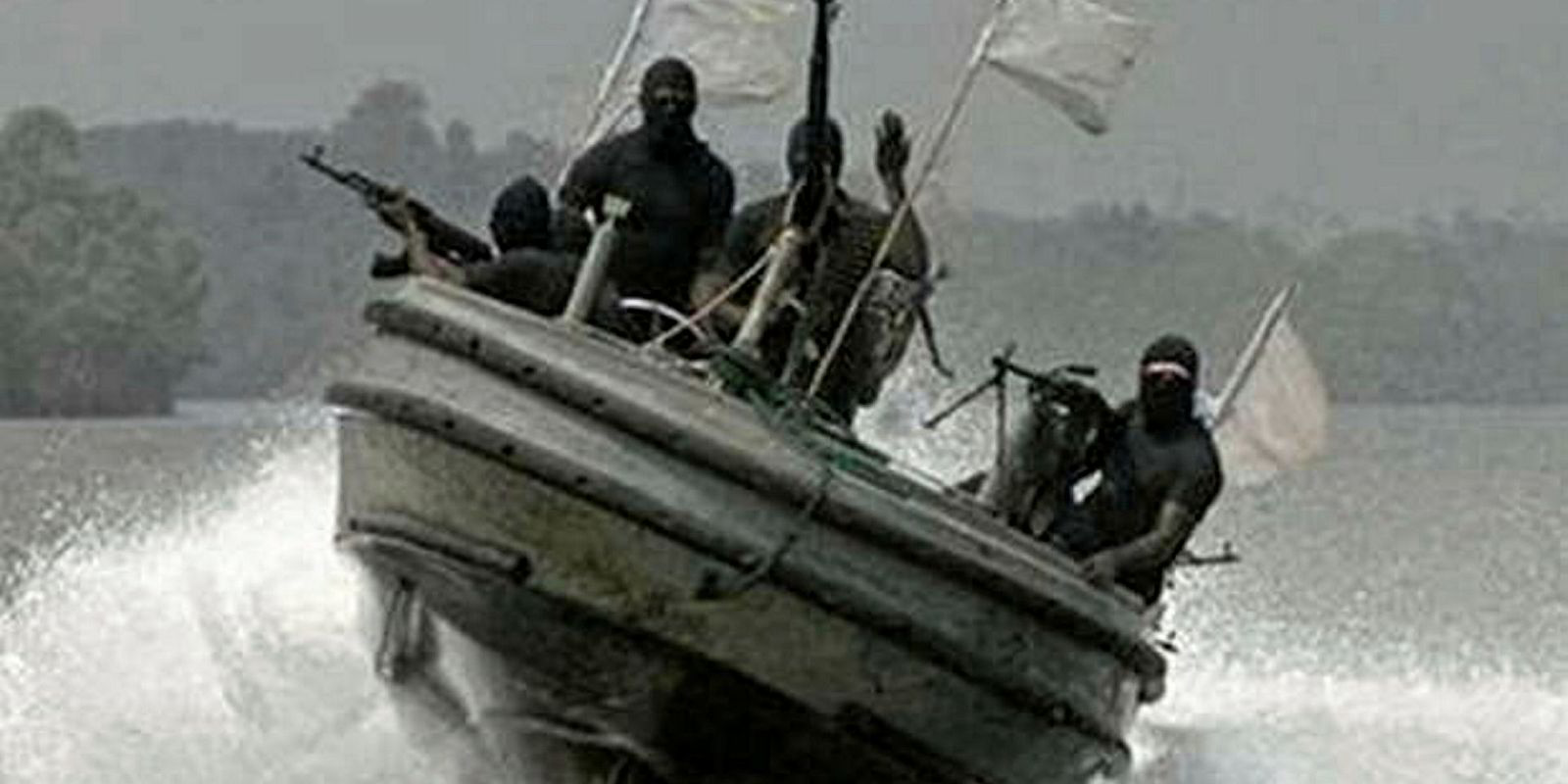Piracy’s long, five-year decline has been impressive.
Last year, the number of incidents — including boardings, hijackings, attempted attacks or ships fired upon — has dropped to its lowest level since 1995, according to the International Maritime Bureau. For six months in the middle of the year, the agency did not record a single hijacking, the first time that has happened since 1994.
But no matter how remarkable the numbers are, they can still mislead.
“We have to be very cognizant of the fact that in the Gulf of Guinea there is a significant amount of underreporting that is taking place,” said Cyrus Mody, the IMB’s assistant director. “This has been going on for years.”
The decline, according to Mody and RAND Europe’s Giacomo Perso Paoli, has primarily been seen in the waters off Somalia, where pirates routinely made international headlines.
Instead, 2017 saw just nine incidents the IMB attributed to Somali pirates. The two credit a robust across-the-board response for the drop, including on-ship security, vigilance from mariners, a military presence in the region and efforts to improve conditions on land.
Overall, 2017 saw just 180 incidents last year, down from 191 in 2016 and 264 in 2013.
Those numbers would have been higher if not for underreporting in West Africa. There, Mody said, the IMB is only recording an estimated 40% of all pirate activity.
The agency’s data shows there were 33 incidents in the waters off Nigeria — the West African country with the most pirate activity — and 41 through the first three quarters of 2018.
More realistic numbers, per Mody’s estimate, would be 55 incidents last year and roughly 68 this year.
“The Gulf of Guinea is in fact a huge area of concern for seafarers and the shipping industry,” Mody said.
Mody stressed proper reporting is key to diagnosing and tackling the problem.
Persi Paoli, a veteran of the Italian Navy, said the remedies in the two regions would be different as the models of piracy are much different.
In the Gulf of Guinea, pirates are hijacking ships to steal cargo, not hold crews or ships for ransom.
“For the business model in West Africa to work, you also need pirates to have wide and deep connections with organized crime, with corruption,” said Paoli, who serves as the associated director of RAND Europe’s science and security group.
“When you have hundreds of thousands (of barrels) of crude oil or whatever cargo to sell or distribute, you need networks that … are quite sophisticated.”
In Somalia, the United Nations could get involved, Paoli said, as Somalia did not have a functioning government. That is not the case in West Africa.
What is needed there is a “tailored approach,” he said. And the will.
“Whether there are enough incentives for governments in West Africa to address the issue seriously, whether it’s causing enough pain to them — economic pain particularly — I don’t know,” Paoli said.






